Uses for Friction
For those looking to disrupt, to make good trouble, or to create social change, remember: movement creates friction.
It isn’t easy to present unconventional ideas when the world stubbornly prefers the status quo. Being a catalyst means that you will upset someone’s norms, even someone who shares the same values as you (though they might disagree with your tactics). But here’s a universal principle that is shared in the world of science, art, and activism: friction isn’t always a bad thing.
Friction can be a useful force to slow you down so that you exercise more caution. Whether you are slipping on ice or self-conceit, an opposing force can prevent a fall.
Friction could also be used to generate heat and electricity. You can get warmth if you rub your hands together quickly, in the same way that rough opposition can ignite support in important ways.
Friction can also be used to test the strength of something. In the same vein, it is through challenge that the resolve and effectiveness of your ideas will be forged.
Of course, friction isn’t always pleasant. But as a famous African proverb states, “Smooth seas do not make skillful sailors.”
So as you create movement in your life, just ask what you’re able to do with your friction: Do you need to check your ego, to heat things up, or to test the strength of your resolve? Once you understand the kind of internal opposition that you’re facing, you’ll have better external options for moving forward.
